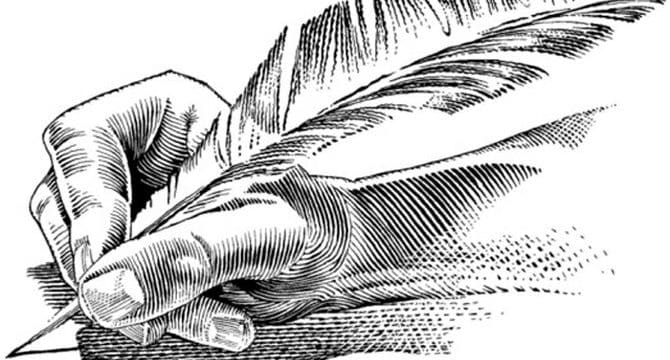
LATE JESUIT ARCHBISHOP Dominic Tang Yee-ming, was imprisoned in China for 22 years because of his Catholic faith. After he had spent five years in solitary confinement in a windowless, damp cell, he was told by his jailers that he could leave it for a few hours to do whatever he wanted. What would it be? the jailer asked him. “I would like to say Mass,” replied Archbishop Tang.
The Solemnity of the Most Holy Body and Blood of Jesus this year occurs at a time when in many places, the faithful, for various reasons are left without the possibility of Eucharistic nourishment. Some due to restrictions on public gatherings due to the pandemic outbreak; others due to curtailing of religious freedom. Some regions do not have priests to celebrate Mass for the people.
For many months since the outbreak of the pandemic, faithful in Hong Kong too had to be content with the spiritual reception of Holy Communion. The resumption of public Mass during Holy Week was an occasion of great joy.
Despite the enforced social distancing measures to prevent the spread of Covid-19, the pandemic has at the same time reiterated the interdependence of humanity more than ever. It has taught the world to look beyond the self to be genuinely concerned about others. That is precisely the message of the Body and Blood of Jesus—sharing one’s body and blood—the whole person—for the life of the other. All those frontline health workers, cleaning workers and people responsible for bringing daily necessities have all been risking their own lives for the life of the other. Indeed, the Solemnity of the Corpus Christi has a special meaning in this time of the pandemic.
In these trying times, the solemnity reminds us to identify the Body of Christ that is suffering on the streets, in the overcrowded hospitals and the quarantine centres. What better time do we have to approach the deprived and extend assistance than in this time of layoffs, lockdowns, salary cuts and no more job opportunities? “Whenever you did this to one of the least of these brothers of mine, you did it to me.”
The brunt of the social unrest in 2019 and the outbreak of the pandemic in Hong Kong indeed disrupted the routines of people from all walks of life: the poor, the street sleepers and migrant workers, in particular, are the worst hit. Numerous parish communities and religious organisations have rightly identified the suffering Body of Christ and quickly responded to stand in solidarity with the disadvantaged. They are quietly but actively involved in the process of providing necessities for the needy. Caritas-Hong Kong did not restrict their assistance just to the local community but also reached out to the pandemic affected countries of South Asia with a package of $5 million in financial aid. This is the true celebration of the Corpus Christi.
The very phrase, ‘the Body and Blood of Christ” evokes in us the images of a bruised, tortured and bleeding Christ on the Cross. Ironically, we live in a world where murderers and rioters walk free while gathering to worship God, studying Bible and Theology are considered criminal offences. On this solemnity, we remember and accompany in prayer those thousands of faithful who are tortured and shed their blood for their faith in Jesus. jose










